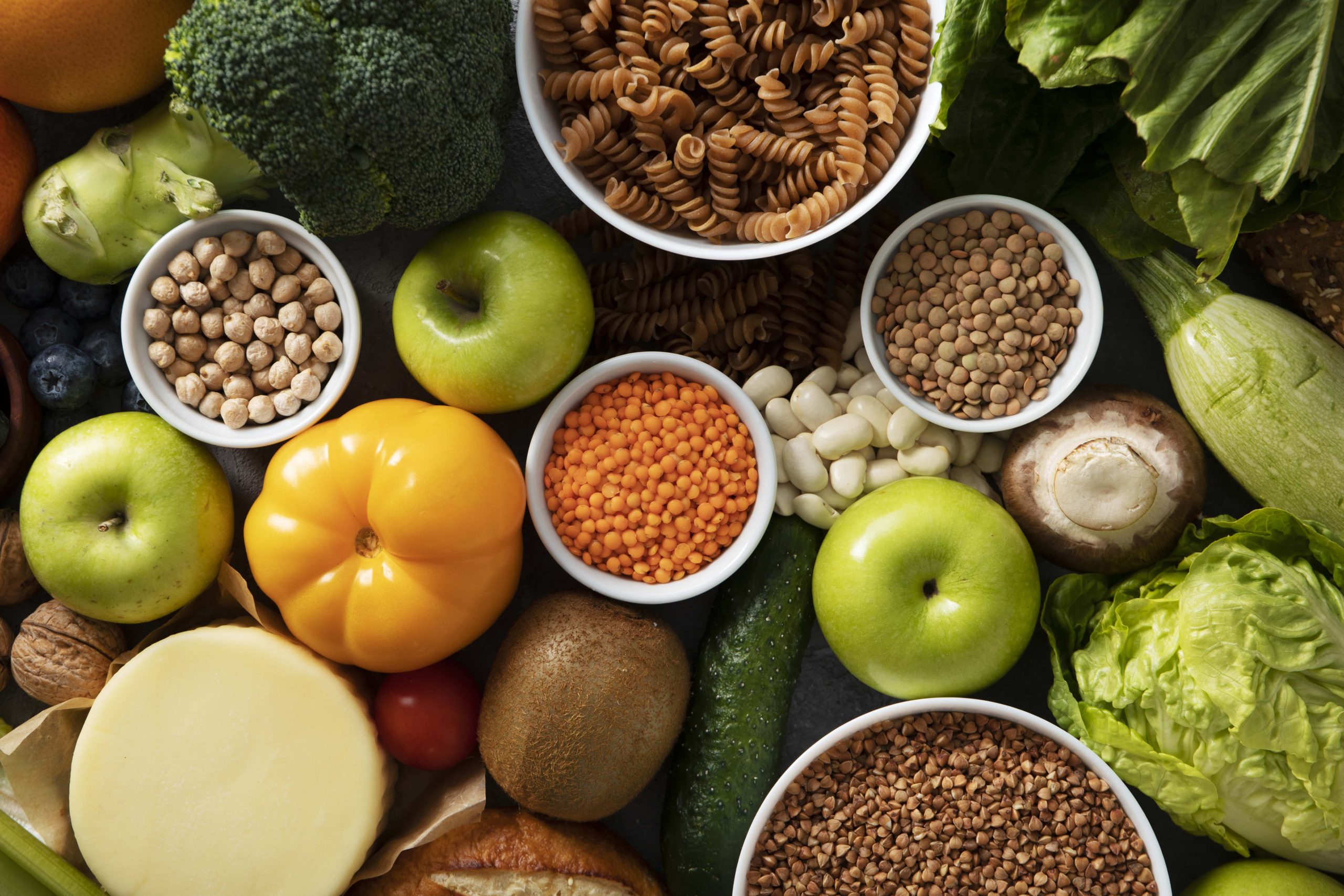In the realm of human anatomy, we are familiar with five vital organs – the heart, lungs, brain, kidneys, and liver. However, there is emerging evidence that points to the existence of a “sixth organ” crucial for human survival: the gut microbiome.
The gut microbiome is a fascinating collection of bacteria that primarily resides in our large intestine, and it plays a pivotal role in shaping our overall health. From preventing and developing chronic diseases to influencing their progression, including the likes of diabetes, this intricate ecosystem wields tremendous power.
These microscopic warriors and their byproducts take on a myriad of crucial responsibilities within our bodies. They are instrumental in hormone production, protect against harmful bacteria and inflammation, and take the lead in the essential tasks of digestion and nutrient absorption.
Interestingly, our gut microbiome begins to take shape from birth itself. The method of delivery – whether vaginal or through a C-section – has an early impact on its diversity. Even the first feedings – breast milk or formula – leave a lasting impression on the microbiome during infancy.
While we cannot alter our birth method or early feedings, there are several factors we can control that profoundly influence gut health and the microbes throughout our adult lives. Medications, especially antibiotics, diet, stress, sleep, environment, and lifestyle choices all contribute to the well-being of our gut.
But why is the gut microbiome so important?
Numerous studies have explored the gut microbiome’s role in type 2 diabetes. Specific bacteria have been found to be reduced in the guts of individuals with this condition, while other bacteria show positive connections to insulin sensitivity. All of this suggests that gut bacteria can directly impact the development of type 2 diabetes.
Intriguingly, a study revealed that supplementing participants with specific probiotics resulted in positive outcomes for managing type 2 diabetes. After just three months, A1C levels decreased, and post-meal blood sugar spikes dropped significantly. Probiotics, however, are not regulated as drugs by the FDA, and caution must be exercised in their usage.
Registered dietitian and gut health expert, Jana Davis, attests to the significance of gut health in diabetes management. Prioritizing high-fiber vegetables, fruits, whole grains, nuts, legumes, and seeds is essential to nourishing the trillions of bacteria in our gut. Soluble fiber, in particular, not only slows glucose absorption but also feeds and nurtures the gut microbiome.
On the flip side, an unhealthy diet can negatively impact gut species. The typical American diet, high in fat and added sugar but low in fiber, can create an imbalance in the microbiome, leading to chronic inflammation and metabolic diseases.
To improve gut health, we must embrace fiber-rich foods, prebiotics, and fermented foods containing live microorganisms. These foods nourish the beneficial bacteria in our gut, aiding digestion, promoting gut peristalsis, and stimulating gut health.
Processed foods, sugar-sweetened beverages, refined carbohydrates, and excessive alcohol intake are best avoided as they disrupt the microbiome’s delicate balance.
In conclusion, our gut microbiome is a remarkable ecosystem that profoundly shapes our health. Through mindful and deliberate choices in our diets and lifestyles, we can empower and nurture these invaluable gut allies. Prioritizing fiber-rich foods, consuming a variety of fermented foods, and limiting processed and unhealthy options will undoubtedly contribute to a thriving gut microbiome and overall well-being.
So, let us embark on a journey of nourishing our inner world – our gut microbiome – and reap the rewards of a healthier and happier life.


